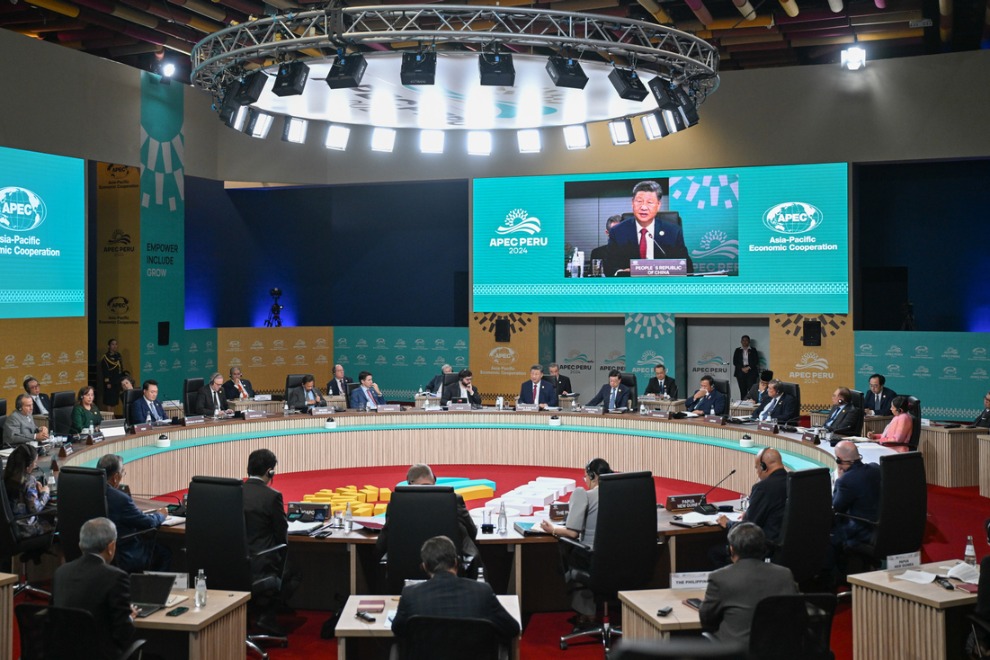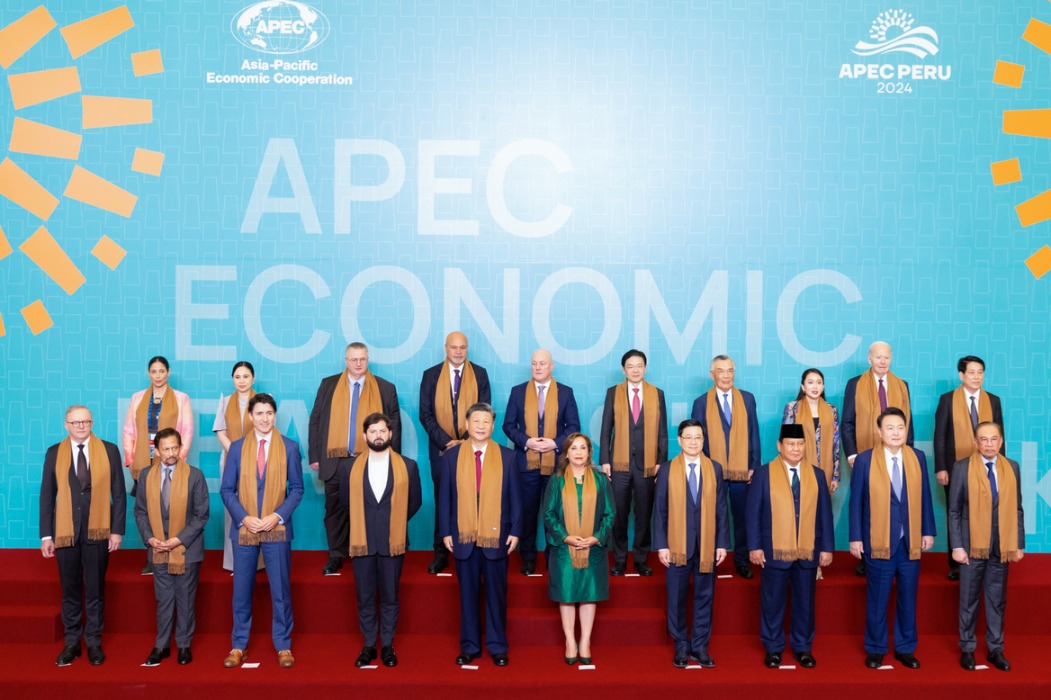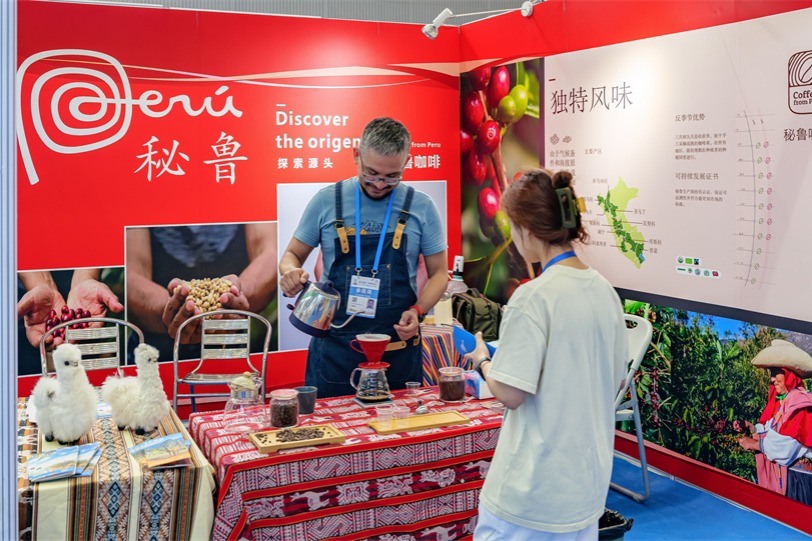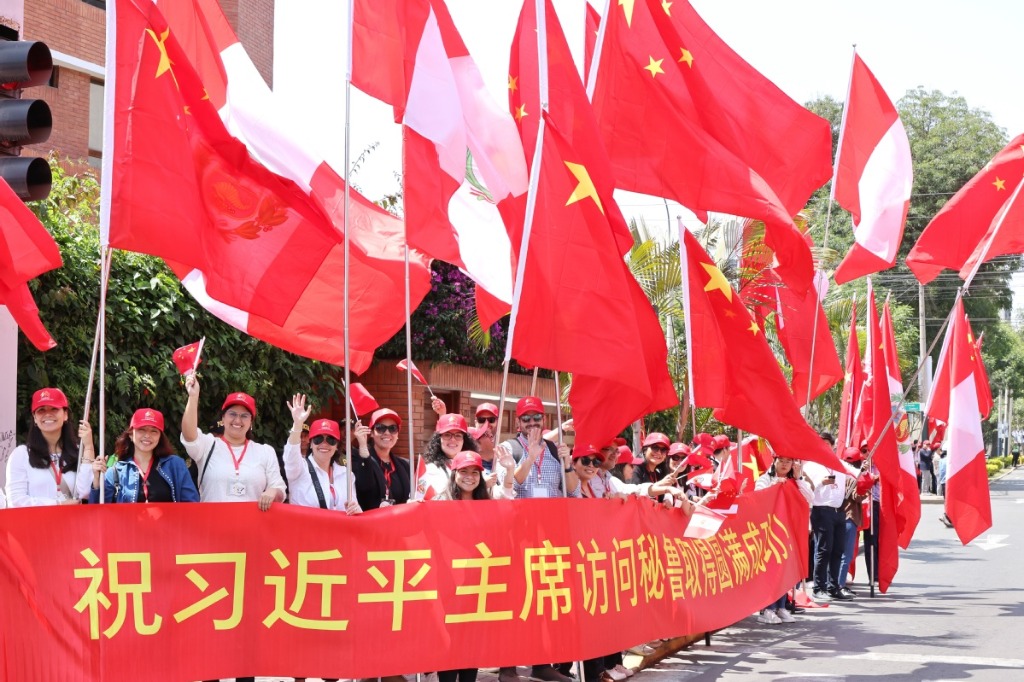Car sales accelerate in March
BYD snatches back No 1 spot in intense competition among nation's NEV makers
By LI FUSHENG | China Daily | Updated: 2024-04-08 10:04
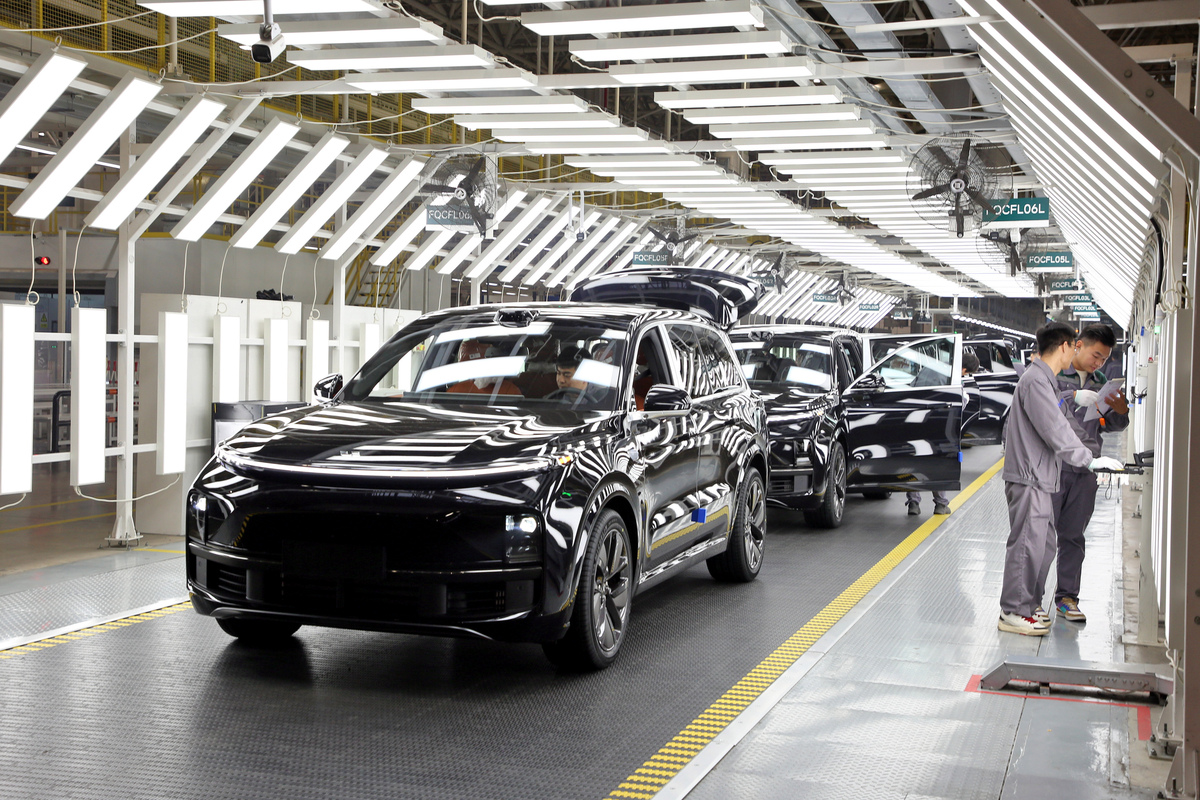
Many carmakers saw their March sales rise in China, fueled by the popularity of new energy vehicles and amid fierce competition that analysts expect to continue throughout the year.
BYD reclaimed its best-selling carmaker title in March. The comeback after a hiatus of two months was down to the increased number of working days in March compared with February, which included the weeklong Spring Festival holiday this year, and also the launch of cheaper models that started in February.
BYD delivered 302,500 vehicles last month, up 46.06 percent year-on-year. They brought the Q1 sales of the carmaker backed by Warren Buffett to 626,300 units, a 13.44 percent rise from the same period of 2023.
Chery, which was the sales champion in February, delivered 181,585 vehicles in March, which marked a 45.3 percent rise from the same month of 2023. Its Q1 sales rose more than 60 percent year-on-year to 529,604 units.
The carmaker, based in Wuhu, Anhui province, has been accelerating its transition toward electrification, especially in the segment of plug-in hybrids that has seen faster growth than pure electric vehicles.
Geely Auto, which owns namesake Geely as well as Lynk & Co and Zeekr, saw its March sales grow 39 percent year-on-year to 150,800 units.
The carmaker delivered 475,700 vehicles to buyers in Q1, up 49 percent year-on-year. Of them, 87,000 were sold outside China.
NEVs and overseas markets are also driving up Great Wall Motor's performance. As China's largest pickup and SUV maker, GWM sold 100,276 vehicles in March, up 11 percent year-on-year. Its Q1 deliveries stood at 275,333 units, up 25.11 percent from the same quarter of 2023.
Though the growth figures were not as impressive as other major carmakers, a breakdown shows that GWM's NEV sales soared 66.34 percent year-on-year to 21,882 units in March. Their deliveries surged 112.82 percent year-on-year to 59,182 units from January to March.
In overseas markets, GWM's Q1 sales stood at 92,778 units, up 78.51 percent year-on-year and accounting for a third of the carmaker's total deliveries in the quarter.
At a Thailand auto show in late March, the carmaker showcased models from its marques including Poer, Haval, Tank and Ora.
GWM is the first Chinese automaker to produce NEVs in the country. In addition to the Thai market, the company is considering exports to other Southeast Asian countries.
Of the startups, Aito codeveloped by Huawei and Seres sat atop the list in March. It delivered 31,727 vehicles that month, up 33 percent from February.
Aito's popularity comes primarily from its bond with Huawei, which boasts leading driving-assist solutions.
Li Auto followed with 28,984 units. That represented a 39.4 percent rise, but fell short of the startup's goal of seeing its monthly sales return to 50,000 units, primarily because of negative comments that went viral over the styling of its electric Mega MPV.
Nio, known for its customer loyalty and battery-swapping technology, sold 11,866 units in March, up 14.3 percent year-on-year and 45.9 percent from February.
The startup has been cutting its prices in different ways including subsidies for trade-ins from gas car owners. It also plans to roll out models under its more affordable brand, Onvo.
The China Passenger Car Association estimates that wholesale NEV sales would stand at 820,000 units in March, up 33 percent year-on-year and 84 percent month-on-month.
Cui Dongshu, secretary-general of the association, expects the price competition to go on throughout this year because carmakers are trying to gain a firmer foothold in the second half of the NEV race, which is shifting focus from electric powertrains to smart driving features.
In addition, authorities are coming up with favorable policies to boost vehicle sales. Earlier this month, the country's central bank and the National Financial Regulatory Administration released a plan to relax the loan ratios for personal vehicle purchases.
Financial institutions can independently determine the upper limits of loan ratios for gasoline cars and NEV purchases, according to the plan.
Currently, the highest loan ratios for personal gasoline car and NEV purchases stand at 80 percent and 85 percent, respectively.
Financial institutions are encouraged to step up innovation in financial products and services to adapt to the trade-in of vehicles as well as other new scenarios, and better support the demand for automobile consumption, said the plan.
In March, the State Council released a plan to encourage trade-ins. Carmakers including Nio and Chery and local authorities in many cities have offered subsidies up to thousands of yuan per vehicle to encourage drivers to place orders.





